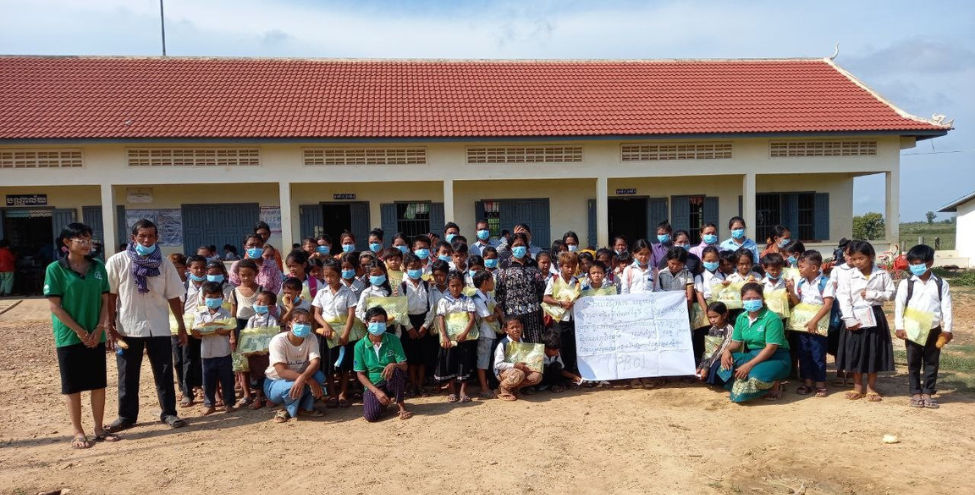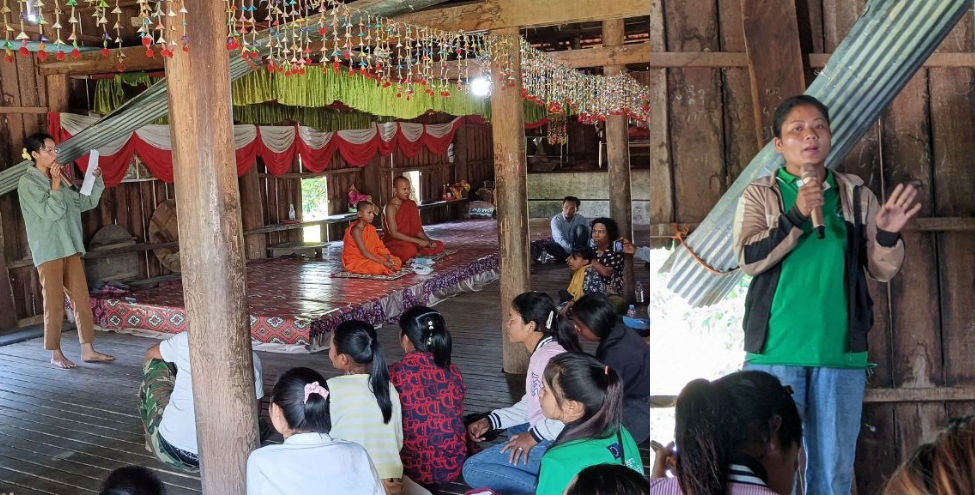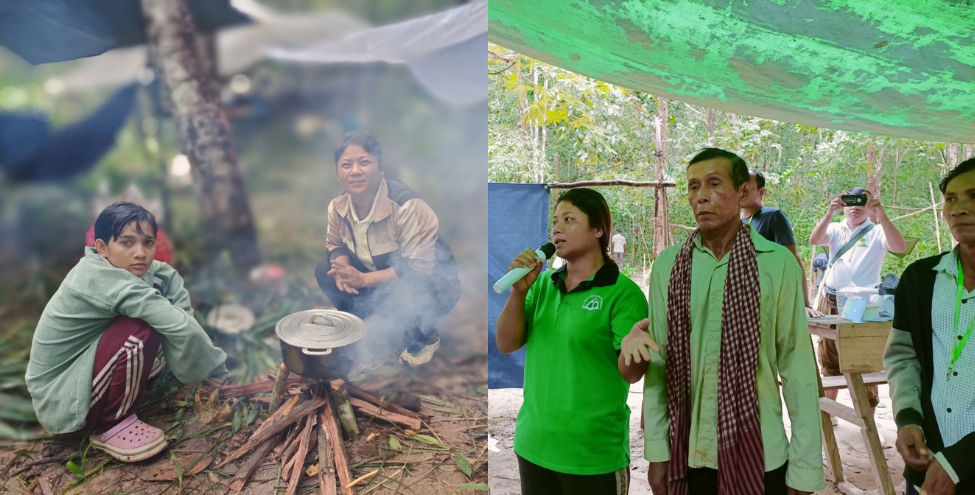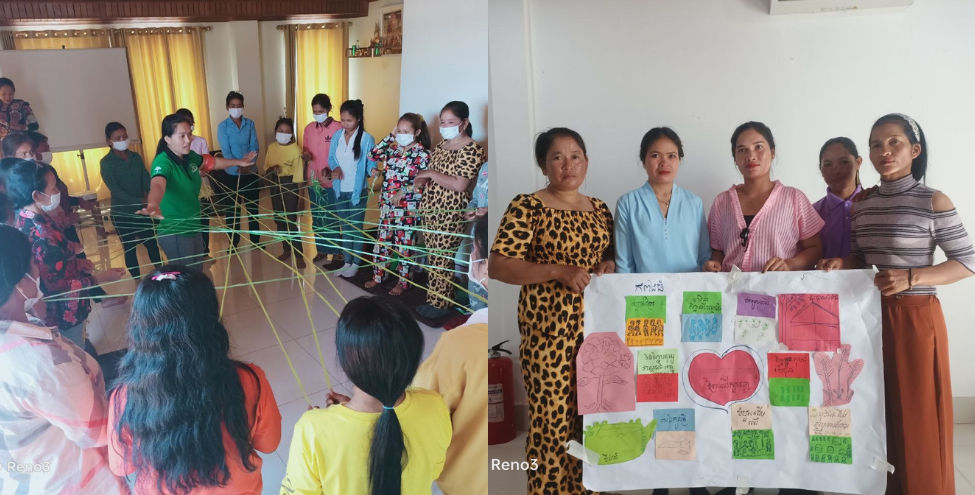J1121N Empowering Indigenous Women Leaders in Forest Communities
Cambodia, Southeast Asia
In partnership with Peace Bridges Organization



The Situation
Peace Bridges offers holistic training and support to equip Cambodians with key peacebuilding skills, taking them on a journey of personal transformation. Along the way, they develop competencies in conflict analysis, mediation, nonviolent action, leadership, and effective communication. These peacebuilders then give back by planting seeds of peace in their villages, families, and faith communities.
Since 2016, Peace Bridges has been offering training and support to Kuy people engaged in natural resource protection. The Kuy people are an ethnic group within Cambodia (the dominant ethnic group being Khmer). They experience low educational, social and economic status within Cambodian society. The Kuy’s livelihoods, forest collecting and artisanal knowledge, governance systems, and cultural and spiritual practices, are dependent on healthy forests. These forests are threatened by illegal logging, agricultural encroachment and other activities (such as mining).
Kuy women face barriers to expressing their concerns about environmental and social issues and advocating for change. These barriers include gender stereotypes which narrowly define a woman’s role; the failure to educate, train and mentor women; and women undertaking an unequal share of household and childcare duties.
The Objectives
Through this project Peace Bridges is training Kuy women leaders to organise and lead community events. Though training, mentoring, and a small budget for each group’s event, women will be able to develop the following knowledge and skills essential for community leadership:
· Critically reflecting on past activities
· Analysing community needs
· Brainstorming
· Choosing campaigns/events, assigning roles and working out timelines
· Developing a budget and book keeping, and learning the importance of transparency and accountability
· Problem solving, consensus building and resolving disagreements
· Engaging with local authorities, other government officials, and religious leaders
· Public speaking
While the women’s groups will choose their events, they will be encouraged to consider running events associated with national and international days, such as International Women’s Day (to raise awareness of community-level gender violence); Arbor Day (treeplanting ceremonies as a way to promote forest conservation), and World Indigenous Day (celebrating and reinforcing the rights of Indigenous people).
The project also supports male leaders in forest protection to understand women’s rights and to support women-led and co-led campaigns.
The successful running of campaigns will reshape both the women participants’ views of themselves, so that they will see themselves as community leaders, as well as helping reshape community perceptions and expectations of women. Community awareness of social and environmental issues will also be strengthened through the campaigns.
J1121N



